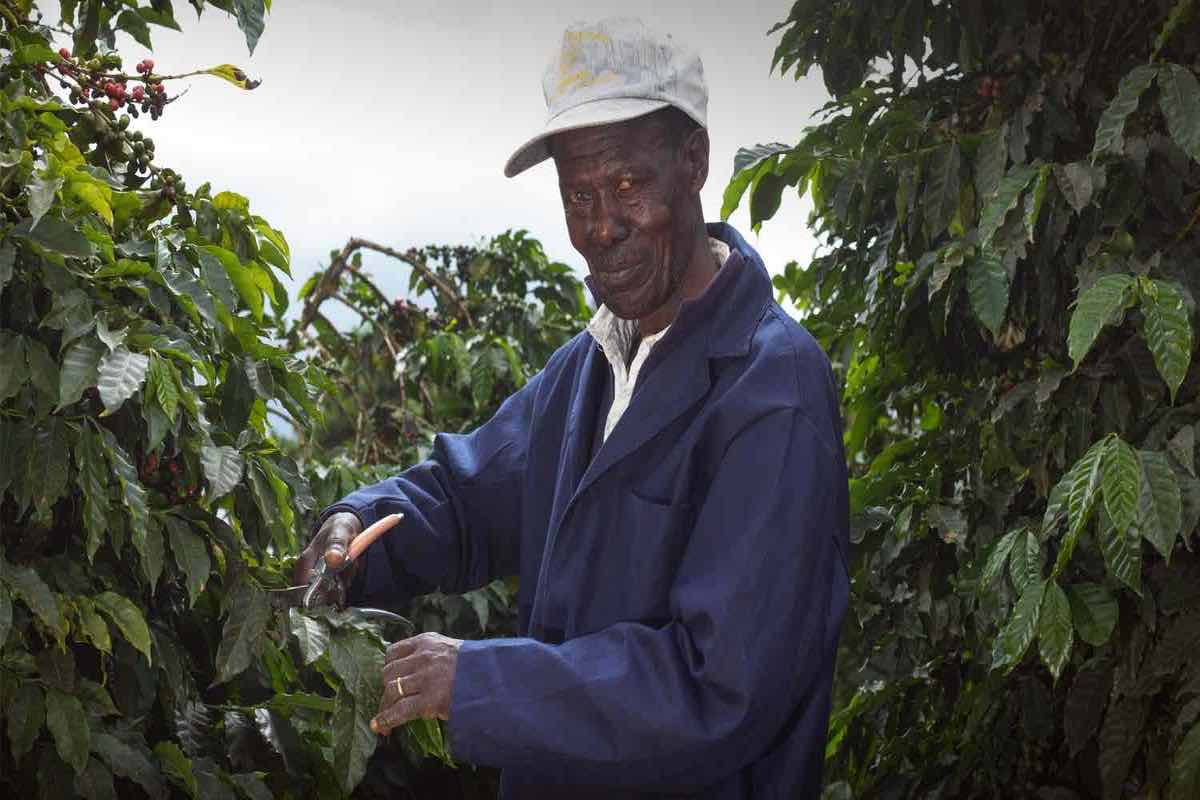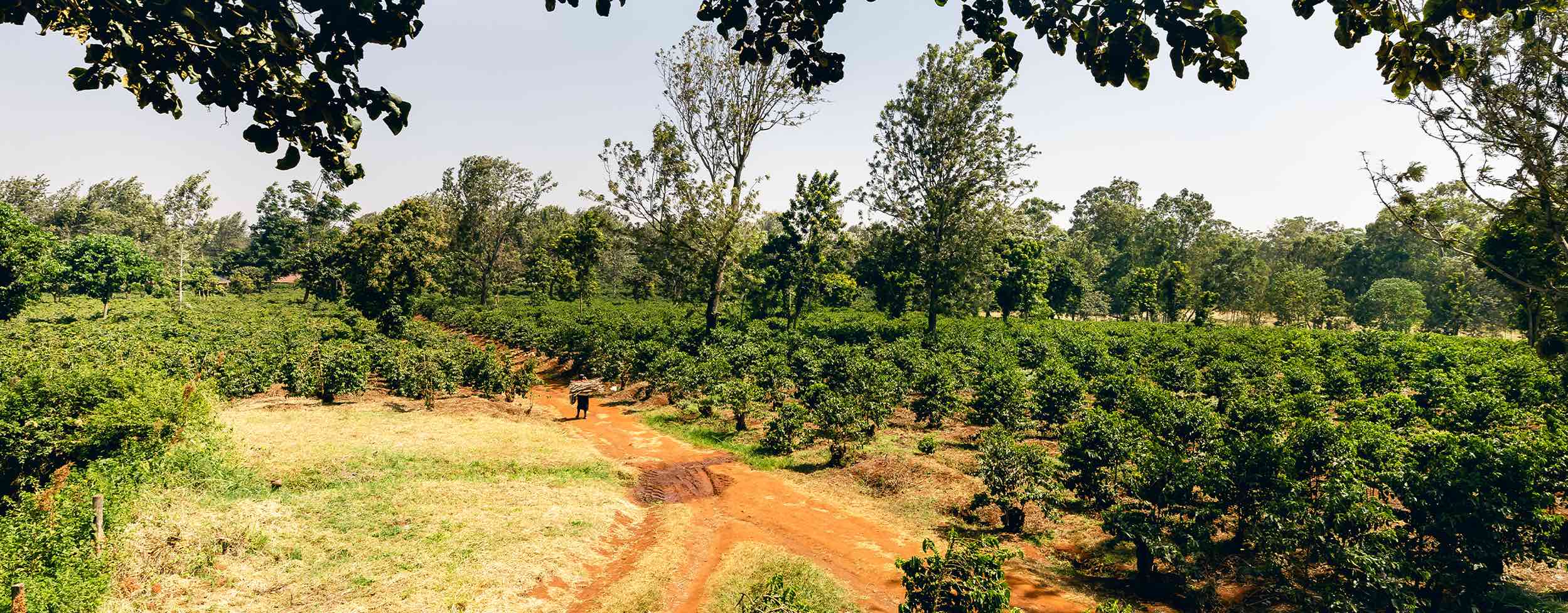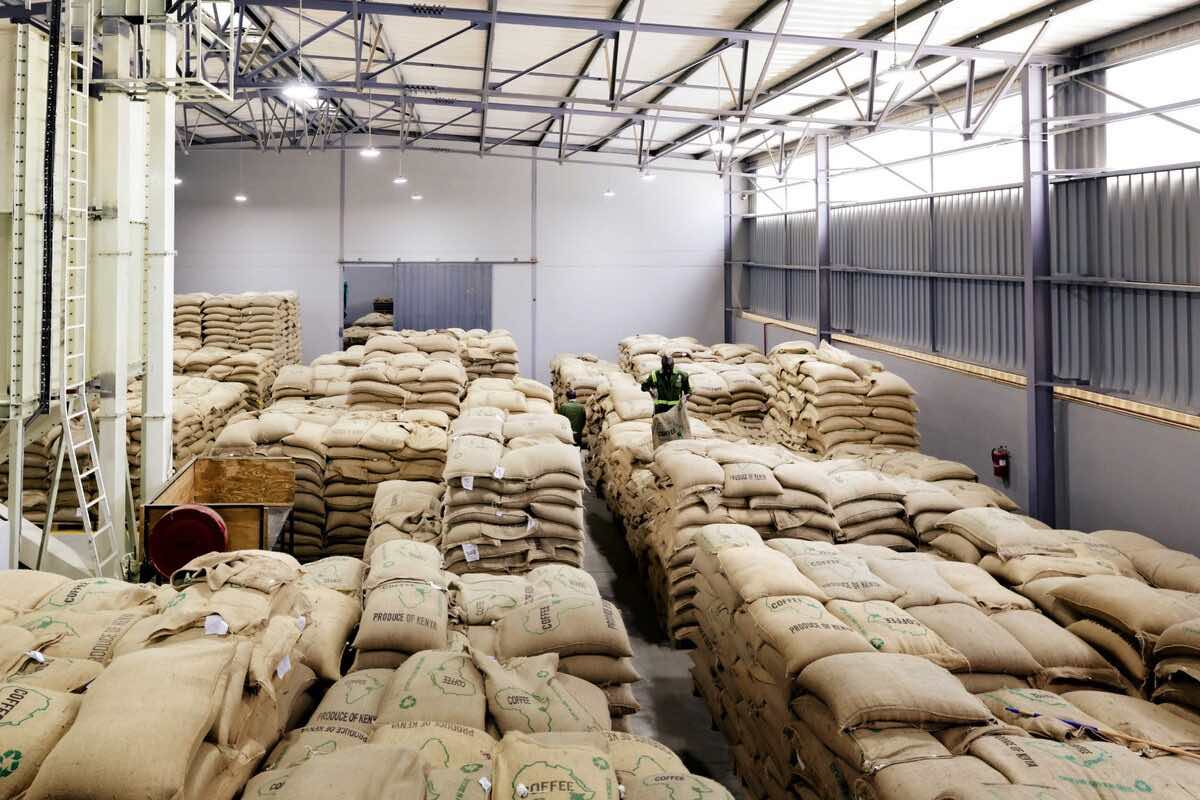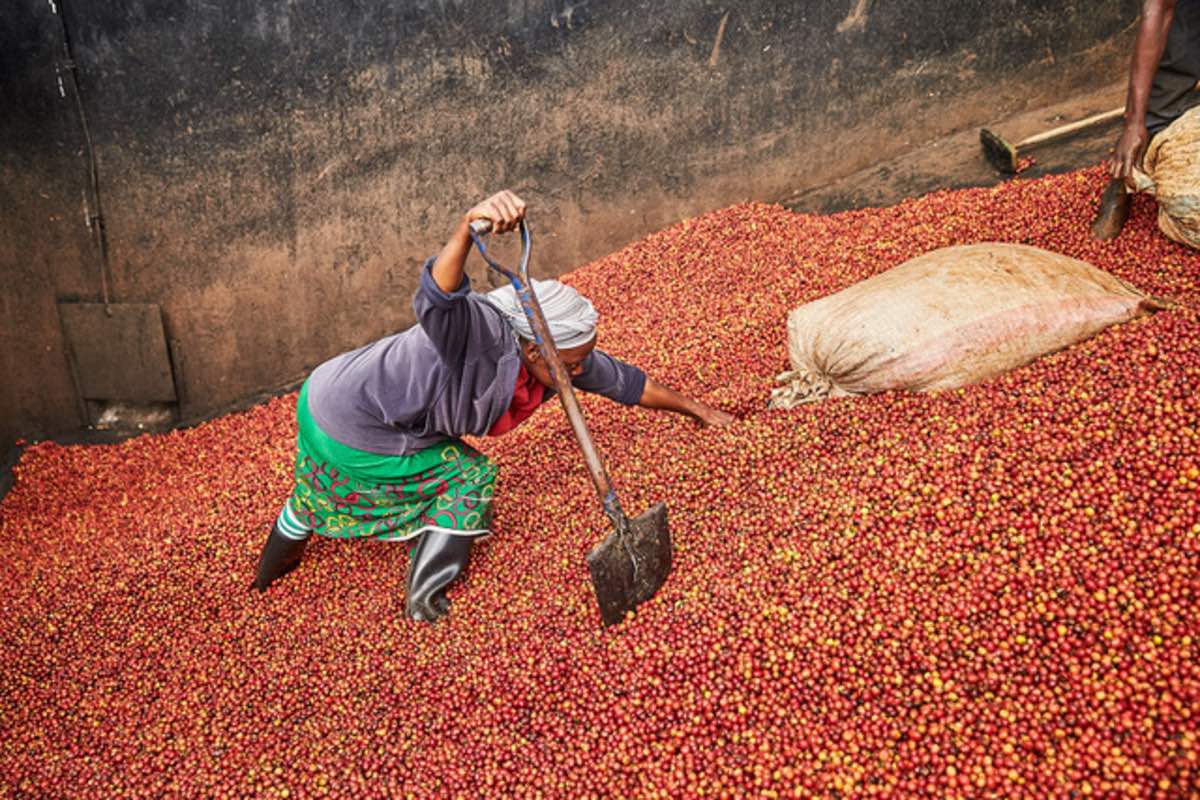
Effective Weed Management Strategies for Coffee Farmers
Introduction: Effective Weed Management Strategies for Coffee Farmers: A Guide by Servicoff Limited
The success of coffee farming is often challenged by the relentless growth of weeds, which compete for nutrients, sunlight, and water, ultimately diminishing the yield and quality of coffee beans. Servicoff Limited understands the importance of efficient weed management in ensuring the prosperity of coffee farmers. In this comprehensive guide, we will delve into the key strategies and practices that coffee farmers can employ to combat weeds effectively and sustainably.
Understanding the Impact of Weeds on Coffee Farming
Weeds are unwelcome guests in any agricultural setting, but in the world of coffee farming, their impact can be particularly damaging. Weeds not only compete for essential resources but can also harbor pests and diseases that spread to coffee plants, affecting overall productivity and quality. To mitigate these challenges, Servicoff Limited recommends the following weed management strategies:
1. Prevention and Early Detection
Prevention is the cornerstone of effective weed management. Implementing practices such as proper spacing between coffee plants, mulching, and minimizing soil disturbance during cultivation can significantly reduce weed germination and growth. Early detection is equally crucial. Regular field inspections allow farmers to identify and address weed infestations before they escalate.
2. Cultivation Techniques
Mechanical cultivation, such as hoeing or tilling, can be effective in controlling weeds. However, it is essential to strike a balance, as excessive soil disturbance can also disrupt the coffee plant’s root system. Utilizing appropriate cultivation equipment and techniques tailored to the coffee farm’s specific needs can help manage weeds without harming the coffee plants.
3. Mulching
Mulching involves covering the soil around coffee plants with organic materials like straw, leaves, or grass clippings. Mulch acts as a physical barrier, preventing weed growth by blocking sunlight and hindering weed seeds’ access to the soil. Additionally, as mulch breaks down, it enriches the soil with nutrients, benefiting the coffee plants.
4. Cover Crops
Introducing cover crops, such as legumes or grasses, can help suppress weed growth by competing for resources and providing natural ground cover. These cover crops also enhance soil health and contribute to the coffee farm’s overall sustainability.
5. Herbicides
While herbicides should be used as a last resort due to their potential environmental impact, selective and targeted use can be effective in controlling stubborn weeds. It’s essential to choose herbicides that specifically target the weed species of concern while sparing coffee plants and other beneficial flora.
6. Integrated Weed Management (IWM)
IWM involves combining multiple strategies to create a holistic approach to weed management. By utilizing a combination of cultural, mechanical, chemical, and biological methods, coffee farmers can maximize weed control while minimizing negative impacts on the environment and coffee plants.
Conclusion
Altogether, Weed management is a critical component of successful coffee farming, and Servicoff Limited recognizes the challenges that coffee farmers face in this regard. By implementing a range of prevention, cultivation, and control techniques, coffee farmers can effectively manage weeds while fostering healthy coffee plants and sustainable agricultural practices. By embracing these strategies, coffee farmers can ensure the long-term prosperity of their farms, the quality of their coffee beans, and the overall well-being of their local communities. Remember, a well-tended coffee farm is not just a source of income; it’s a source of pride and a testament to the dedication of coffee farmers everywhere.






